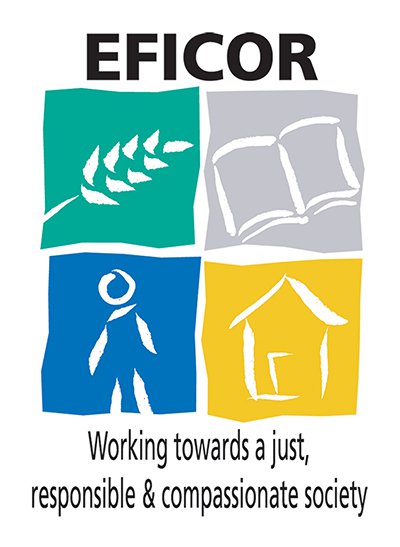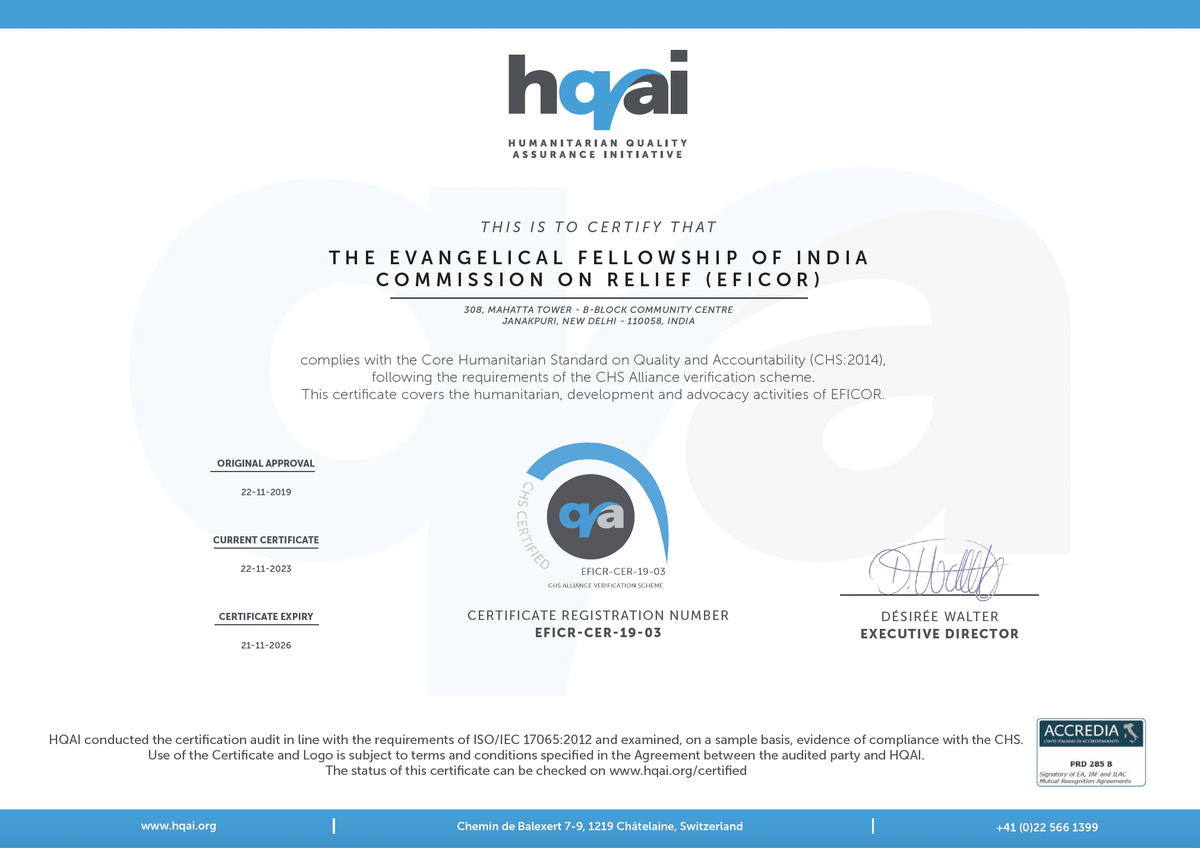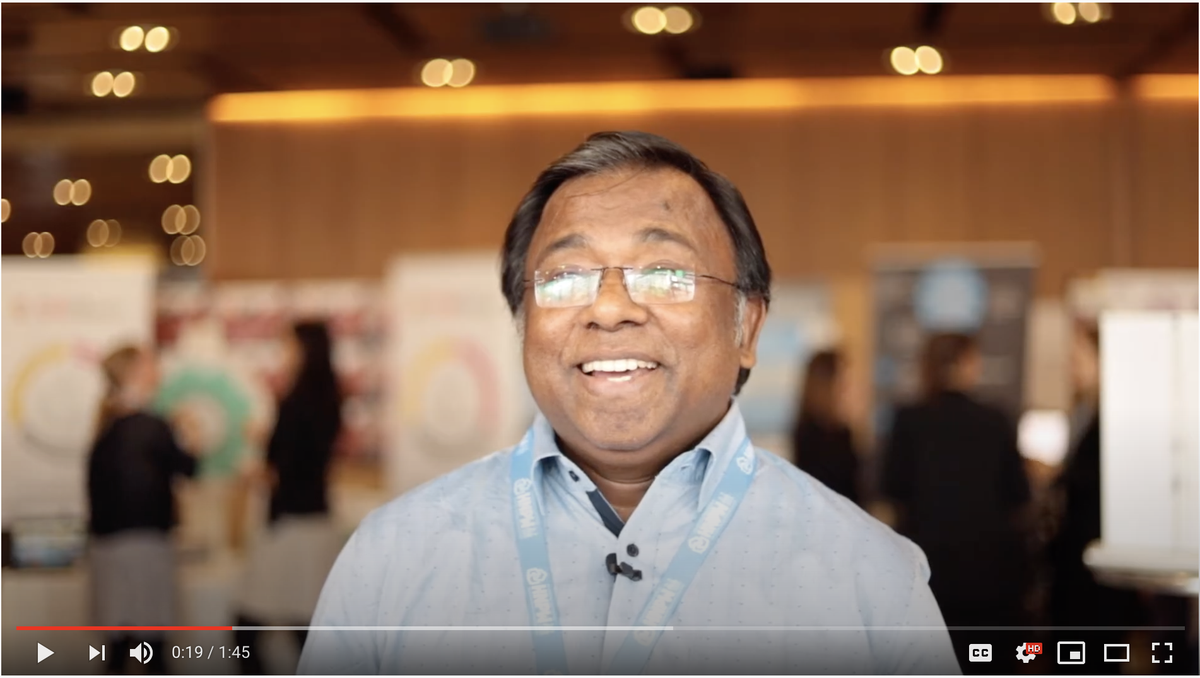Evangelical Fellowship of India Commission on Relief (EFICOR)
The Evangelical Fellowship of India Commission on Relief (EFICOR) is a National Christian Relief and Development Organization of India committed to various initiatives, including Disaster Response, Building Resilience, Sustainable Development, and Training & Capacity Building Programs. Established in 1967 as the relief and development arm of the Evangelical Fellowship of India (EFI), EFICOR originated from its efforts to provide aid to the drought-affected region of erstwhile Bihar. Our main area of intervention includes Livelihood and Food Security, Maternal and Child Nutrition, Climate Change Adaptation, Emergency Response, Training and Mobilisation, Anti-Human Trafficking, Peace Building, Urban Resilience, Research and publications.
EFICOR operates in several states, including Andhra Pradesh, Bihar, Delhi, Jharkhand, Karnataka, Madhya Pradesh, Maharashtra, Odisha, Rajasthan, Tamil Nadu, Telangana, Uttar Pradesh, and West Bengal. It strives to work with impoverished and marginalised communities, irrespective of caste, creed, or religion, in situations characterised by poverty, injustice, and disaster.
The organisation actively participates in various influential forums and networks. It serves on the board and leadership team for Renew Our World and holds membership in the executive committee of Sphere India, Micah Global, Freshwater Action Network, Alertnet (Reuters), Trust Law, and the Steering Committee CAN-SA. Furthermore, EFICOR is a core group member of the National Disaster Management Authority (NDMA) under the Government of India. It is also associated with the Voluntary Action Network of India (VANI) and the Coalition for Food and Nutrition Security.
EFICOR employs diverse approaches to measure, manage, improve, and showcase social and ethical performance, as well as quality response and accountability. The organisation implements integrated and comprehensive programs tailored to the specific needs of affected populations, ensuring accountability and maintaining high standards of quality in its operations.
certification valid until November 2026
EFICOR is certified against the CHS for its humanitarian, development and advocacy mandates since 2019.
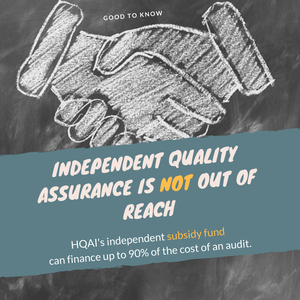
The certification against the CHS has received the attention from our Board and donors and we recommend to other national and local organisations to embark on this journey, too. The existence of the subsidy fund and group scheme can make it financially accessible.
Prem Livingstone Navaneethar, EFICOR, January 2020.
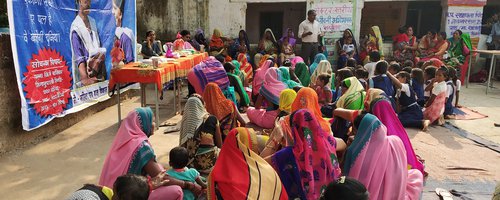
The certification process was an eye-opening experience for EFICOR
HQAI has recently certified the Indian NGO EFICOR – The Evangelical Fellowship of India Commission on Relief – against the Core Humanitarian Standard on Quality and Accountability (CHS). This article explores the experience of their certification journey and how the subsidy fund made it all possible.

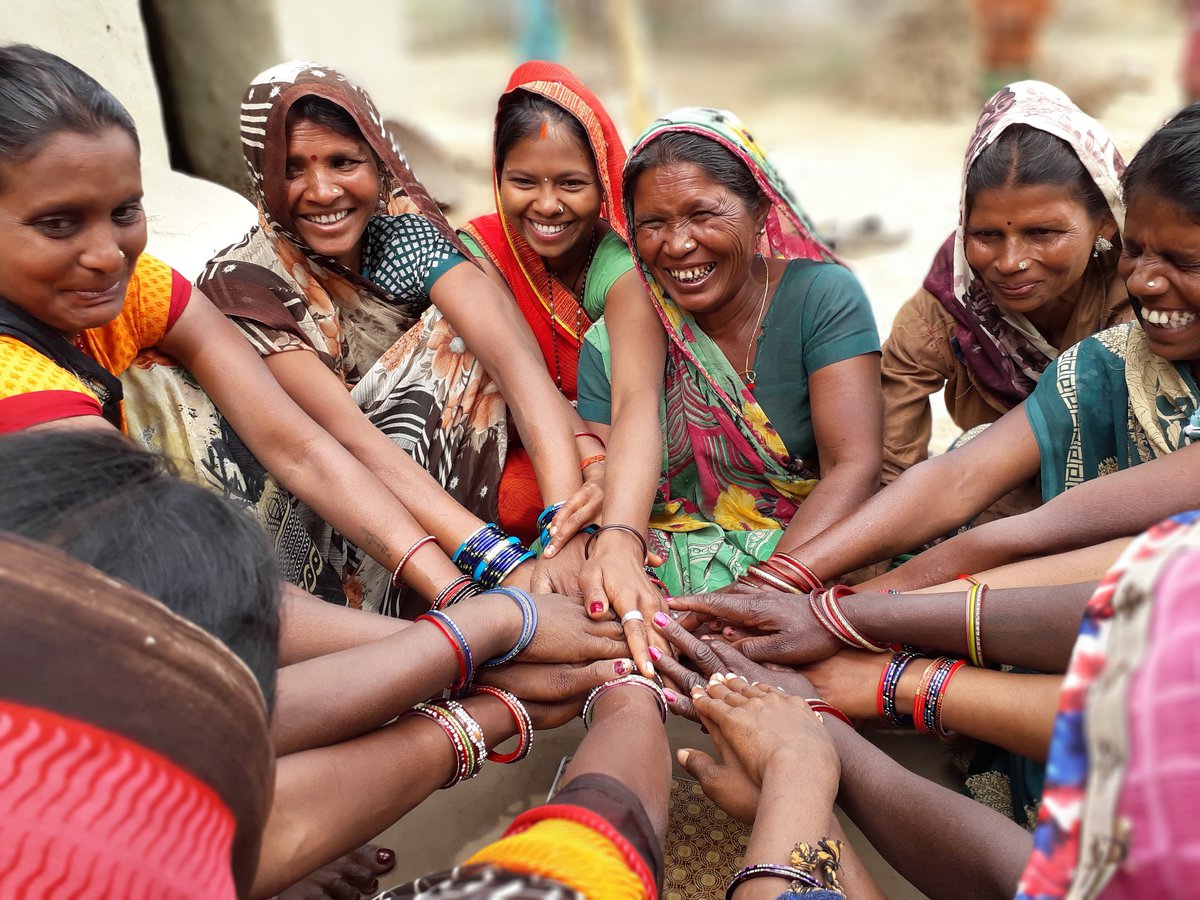

Evangelical Fellowship of India Commission on Relief (EFICOR) audit reports
Renewal audit report 2023
Evangelical Fellowship of India Commissionon Relief renewal Audit Report Summary Report 2023-11-06
Mid-term audit report 2021
Evangelical Fellowship of India Commission on Relief Mid Term Audit Summary Report 2021-11-01
Maintenance audit report 2020
Evangelical Fellowship of India Commission on Relief Maintenance Audit Summary Report 2020-07-30
Initial audit report 2019
Evangelical Fellowship of India Commissionon Relief Initial Audit Summary Report 2019-04-15
Certified since
Type of organisation
